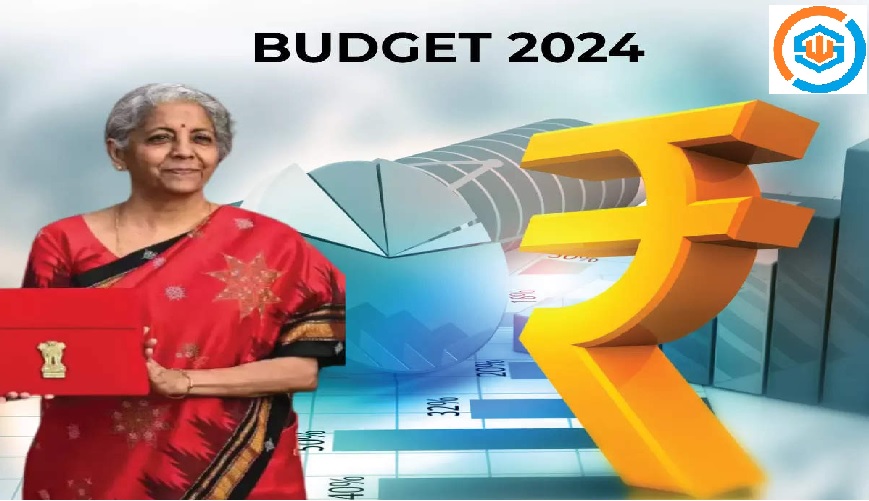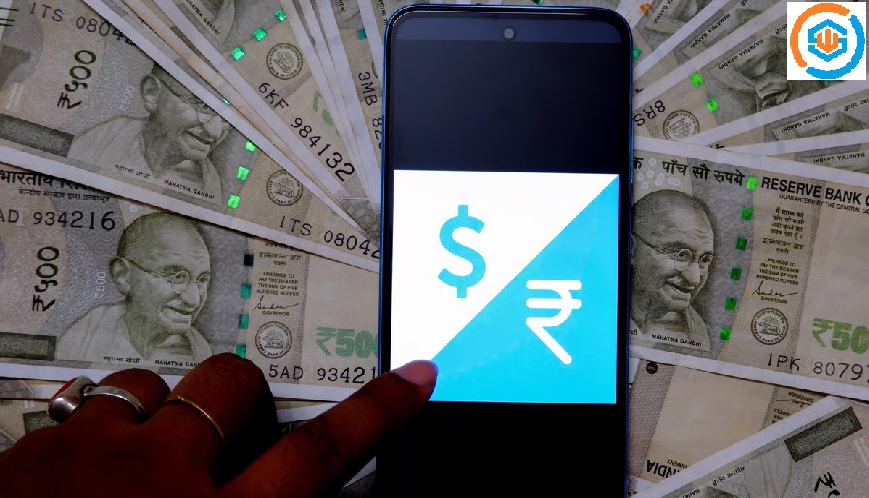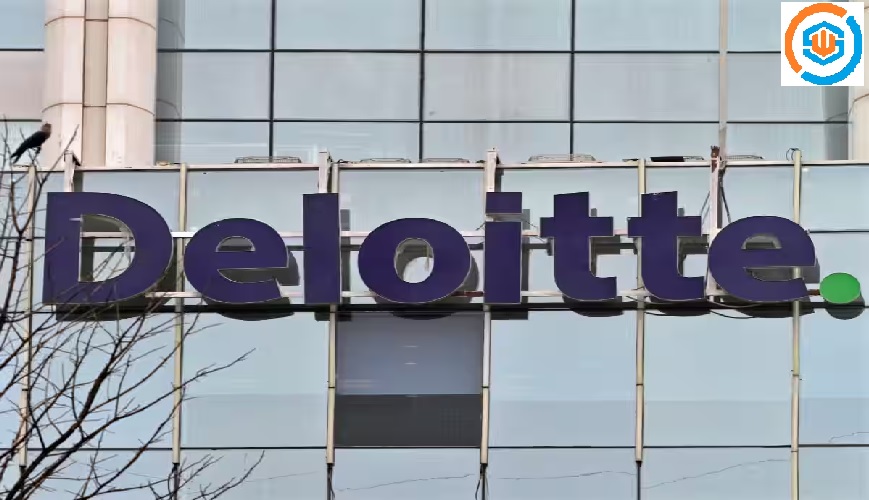
- 9 Feb
- 2021
Not acting on government requests could put Twitter in legal soup
Not acting on government requests could put Twitter in legal soup
Twitter could face legal action from the Indian government if it fails to speedily comply with repeated requests to delete about 1,400 handles on the microblogging platform that are allegedly instigating complaint against the farm bills, senior government officials told ET. The Centre wants to give the US company some more “time” to comply with the requests as it doesn’t want to be seen as “high-handed or vindictive,” said one person cited above.
Digital rights experts feel any face-off between India and the social media company could emerge as a global “test case.”
Options before the government include lodging an FIR (first information report) against the platform under Section 69A (3) of the Information Technology Act, 2000. Section 69A also empowers the government to suspend a platform in national interest and for public order. Over 200 Chinese apps have been blocked under this section last year.
“There is a serious law and order situation in the country, and with the revelation of the toolkit, it is clear that there is involvement of international syndicates and countries like Pakistan to fuel the tension. Who is Twitter to decide what is free speech?” an official said.
Twitter did not provide details of whether it has complied with the latest order, but a company representative told ET that it continues to engage with the government from a position of respect, and that it has reached out to Union minister Ravi Shankar Prasad for a formal meeting or dialogue.
India is the third-largest market for Twitter, with 18.9 million users as of October, according to data platform Statista.
Since last week, the government has sent a set of two orders to the platform — requesting it to block some 1,400 handles — as well as a notice warning of dire consequences in case of non-compliance. Twitter has neither complied with nor replied to the government notice so far, according to one official privy to developments.
‘Free Speech’
On January 31, MeitY asked Twitter to block 257 accounts, following it up with a request on February 4 to block a further 1,178 accounts alleged to belong to Khalistan sympathisers or backed by Pakistan. Many were bots used to amplify misinformation and provocative content on the farmers’ protests. Twitter complied with the first order by suspending the accounts temporarily, before releasing them in the name of “free speech.”
Sources aware of the thinking within Twitter told ET that it is incorrect to assume that the company has not complied with the government’s order. There is a difference between the two government orders, they said. While the first was provide under emergency powers, the second was issued as per Section 69A.
Test Case
Internet policy experts are of the view that if Twitter’s social media rights are tested in India, it will be a big improvement globally, as there is already uproar over the microblogging platform’s actions with regard to the account of former US President Donald Trump.
“In case Twitter refuses to comply with the (Indian) government’s order, it should take responsibility for content on its site just like publishers do and not seek protection under the intermediary rules,” said one expert.
“It can’t enjoy the convenience of both,” the person said, adding that “India will become a test case of sorts since this debate is already fuelling up.”
A Twitter spokesperson referred to a statement that said the US firm is guided by principles of transparency and empowering the public conversation. “If we receive a valid legal request about potentially illegal content on Twitter, we analysis it under both, Twitter rules and local law,” said the spokesperson.
Note: - As every caution has been taken to provide our readers with most accurate information and honest analysis. Please check the pros and cons of the same before making any decision on the basis of the shared details.











